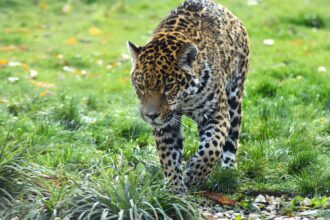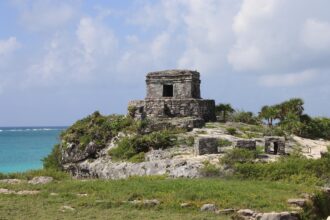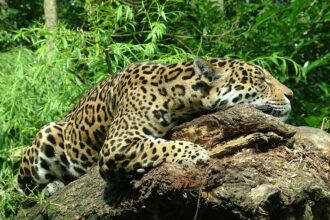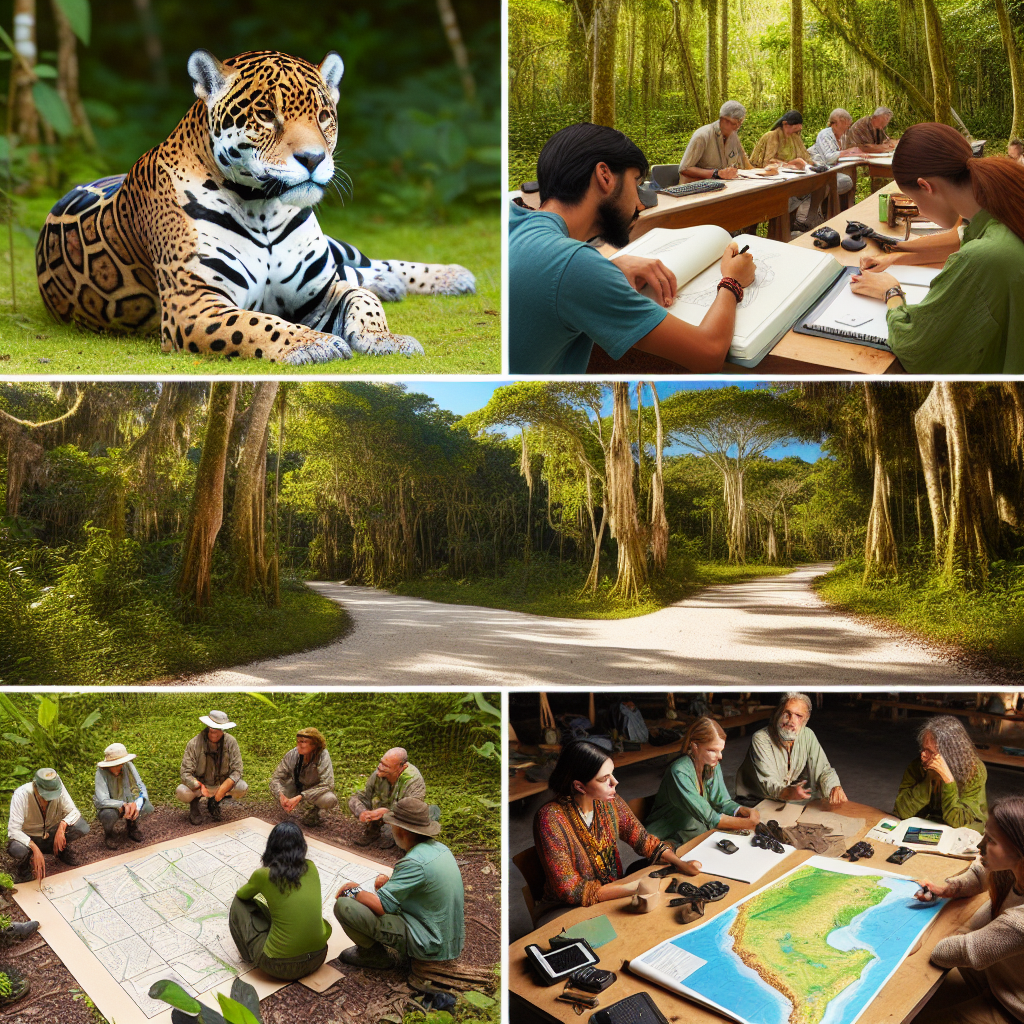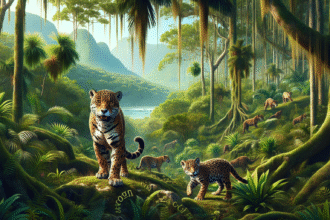The Importance of Jaguar Conservation in Tulum
Jaguar conservation in Tulum is not just about preserving a species; it is about protecting a vital component of the region’s ecosystem. The jaguar (Panthera onca) is the largest feline in the Americas and plays a crucial role as an apex predator. By regulating prey populations, jaguars help maintain a balanced ecosystem. In Tulum, where tourism and environmental conservation intersect, preserving the jaguar’s habitat is essential for the area’s biodiversity and the economic stability that relies on it.
The Impact of Habitat Loss
Rapid urbanization, agriculture, and deforestation have significantly affected the Yucatan Peninsula, where Tulum is located. These activities result in habitat fragmentation, making it difficult for jaguars to find prey, mate, and roam freely. Consequently, habitat loss threatens population viability and increases human-jaguar conflicts, compelling conservationists to take action. Jaguar Conservation Workshops offer a platform for education, community involvement, and active conservation efforts.
What are Jaguar Conservation Workshops?
Jaguar Conservation Workshops are immersive programs designed to educate local communities, stakeholders, and visitors about the significance of jaguars and the importance of preserving their habitats. These workshops typically include interactive sessions, field activities, and hands-on conservation projects that engage participants in species preservation while fostering a sense of community responsibility.
Objectives of the Workshops
- Awareness Building: Raising awareness about the ecological importance of jaguars and the threats they face.
- Community Empowerment: Involving local communities in conservation efforts allows them to take ownership of their natural resources and wildlife.
- Research and Data Collection: Workshops often include training in field techniques to monitor jaguar populations and their habitats.
- Conflict Mitigation: Providing guidance on how to minimize human-wildlife conflicts can help coexistence between communities and jaguars.
Educational Components of the Workshops
Workshops incorporate various educational elements that highlight the complexities of jaguar conservation:
1. Ecology and Behavior
Participants learn about jaguar behavior, including hunting techniques, mating rituals, and social structures. Understanding these aspects helps communities appreciate the species’ role in the ecosystem.
2. Threat Assessment
Workshops address the main threats to jaguars, such as poaching, habitat loss, and climate change. Educating communities on these issues enables them to identify solutions and advocate for sustainable practices.
3. Field Research Techniques
Through hands-on training, participants learn essential skills such as camera trapping, tracking, and data collection. These techniques contribute to ongoing research efforts aimed at monitoring jaguar populations in the region.
The Role of Local Communities
Local communities are at the forefront of jaguar conservation efforts. By involving them in workshops, conservationists help residents:
- Connect with Nature: Understanding the jaguar’s ecological role fosters a deeper connection to their environment.
- Cultivate Stewardship: Empowering locals to act as stewards of the land can lead to sustainable land-use practices that benefit both wildlife and human livelihoods.
Case Studies of Successful Workshops
Several successful conservation workshops in and around Tulum exemplify the positive impact of these initiatives:
1. Tulum Jaguar Initiative
This initiative employs local guides and integrates traditional knowledge with modern conservation approaches. Participants engage in educational ecotours, field surveys, and conservation projects, making them ambassadors for jaguar conservation.
2. The Jaguar Research and Conservation Project
This project focuses primarily on conducting research while providing training to local communities about wildlife monitoring. As residents gain research skills, they become active participants in conservation, bridging the gap between science and community engagement.
The Economic Aspect of Jaguar Conservation
Conservation efforts in Tulum have the potential to drive eco-tourism, fostering an economy that values the jaguar as a cultural and natural asset. Workshops often incorporate eco-tourism strategies, teaching communities to leverage their natural heritage for sustainable income.
1. Eco-Tourism Opportunities
By promoting jaguar-focused eco-tours, local businesses can attract tourists interested in wildlife and conservation, creating a win-win situation for both wildlife and locals.
2. Job Creation
Conservation initiatives can lead to job creation in fields such as ecotourism, conservation education, and wildlife monitoring. Workshops equip local residents with skills that enhance employability in these sectors.
The Global Importance of Local Conservation Efforts
Jaguar conservation in Tulum has broader implications for global biodiversity. The preservation of this apex predator contributes to the health of ecosystems not just in the Yucatan but throughout the Americas. Workshops are a model for similar initiatives worldwide, emphasizing the importance of community engagement in conservation.
Future Directions for Jaguar Conservation Workshops
The future of jaguar conservation workshops relies on a few key strategies:
1. Strengthening Collaboration
Partnerships among governmental agencies, NGOs, and local communities can enhance resources for workshops, ensuring sustainability and continued impact.
2. Innovative Technology
Utilizing technology such as satellite imagery and drone monitoring could enrich research methods and data collection efforts in future workshops.
3. Cultural Integration
Incorporating traditional ecological knowledge into conservation curricula can provide valuable insights and foster a sense of pride among local communities regarding their natural heritage.
Call to Action for Volunteers and Stakeholders
Individuals interested in participating in conservation efforts can contribute by volunteering or donating to organizations committed to jaguar conservation. Engaging with hands-on training workshops allows potential volunteers to directly impact the cause, combining learning with meaningful action.
In the heart of Tulum, where natural beauty meets rich culture, the fight for jaguar conservation is a testament to preserving not only wildlife but the sustainable future of the region. Through workshops that educate and empower, Tulum’s future shines brighter with every passionate heartbeat echoing the roar of the jaguar.


